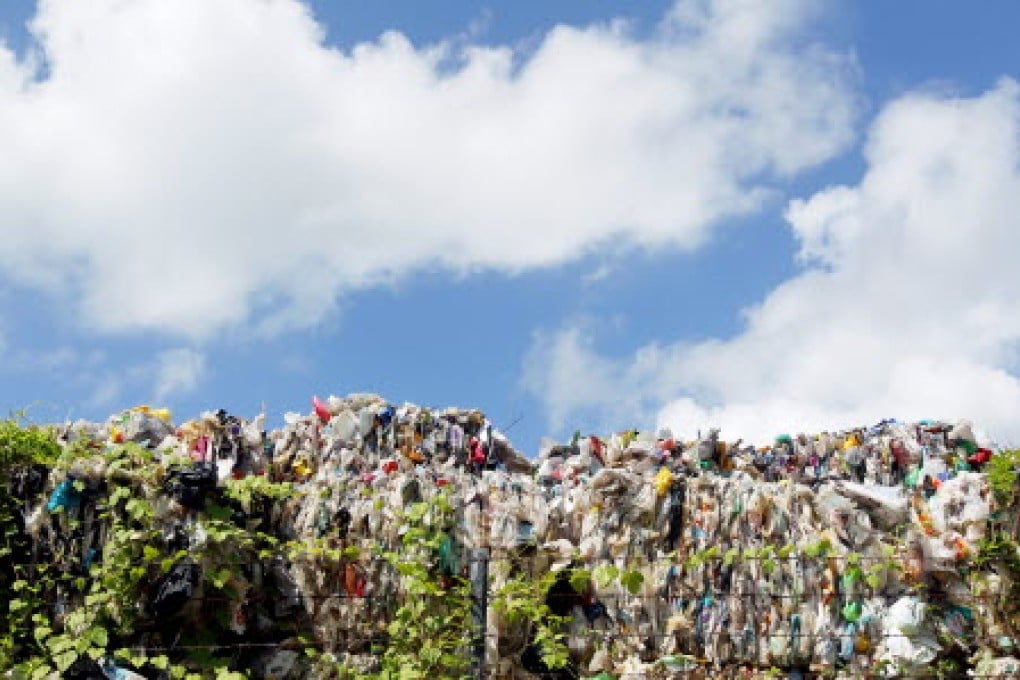Local fixes point way to Hong Kong's green future
Thomas Tang says community-based projects can help tackle waste, transport problems

Cities that strive to accommodate expanding populations must find the right amount of infrastructure suited to their needs and which meets the approval of citizens and government.
Waste disposal facilities and power stations are prime examples of necessary but unloved facilities. Planners, engineers and architects try to produce designs that blend into communities but there is too much bad press associated with the accompanying odours, emissions and groundwater pollution that reinforces the Nimby mentality.
Faced with this dilemma, Hong Kong should consider whether to take a decentralised approach. Centralised facilities have the advantages of economies of scale and, if built properly, ease of monitoring and control of inputs and outputs.
But large facilities come with large price tags, along with costly supporting networks, operating expenses and devaluation (perceived or otherwise) of the land set aside for the siting of the facility. Incinerators are the worst culprits, with landfills and sewage works coming a close second.
An alternative strategy is to decentralise these functions. Hosting community-based initiatives encourages sustainable living, especially on issues of waste and energy, not least by building awareness of the need to reduce and reuse.
Glass and plastic bottles, for instance, can be reused by local entrepreneurs to save on expensive packaging. Common sense dictates that sorting waste into reusable resources is best done at community level.